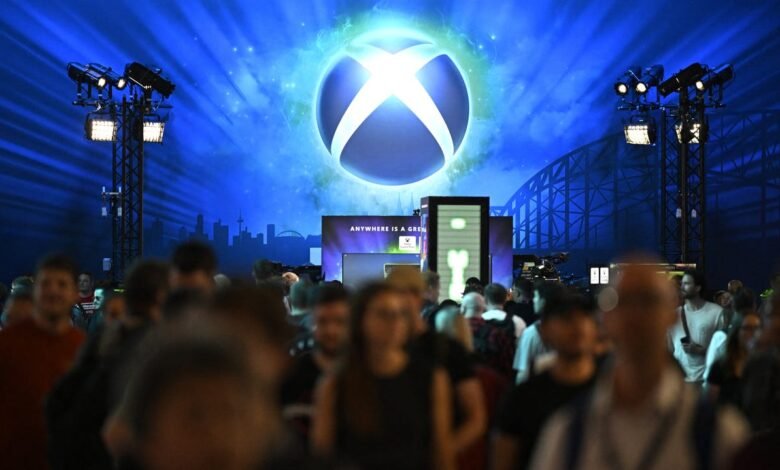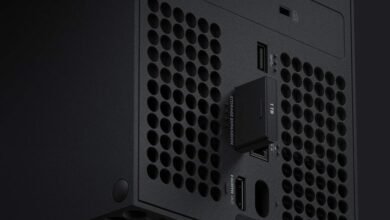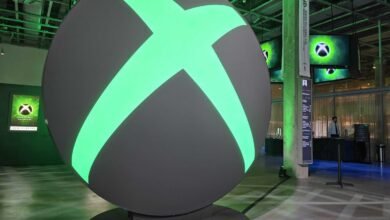Microsoft Denies Rumor of Xbox Next-Gen Hardware Cancellation

▼ Summary
– Microsoft denied rumors it is exiting the Xbox hardware business and confirmed it is actively investing in future first-party consoles and devices.
– The company faced criticism for raising the price of Xbox Game Pass Ultimate and removing DLC discounts for subscribers.
– Microsoft’s decision to release Call of Duty as a day-one Game Pass title reportedly cost $300 million in lost sales.
– Microsoft announced a multi-year partnership with AMD to co-engineer silicon for next-generation Xbox consoles and other devices.
– Xbox leadership is investing in a next-generation hardware lineup across console, handheld, PC, cloud, and accessories, though plans for a first-party handheld remain unclear.
Microsoft has firmly denied recent speculation suggesting the cancellation of its next-generation Xbox hardware, reaffirming its strong commitment to the console market. An unverified insider claim had circulated, proposing that Microsoft was shifting its focus away from hardware development toward software publishing. However, the company directly addressed these rumors over the weekend, stating to Windows Central, “We are actively investing in our future first-party consoles and devices designed, engineered and built by Xbox.” They also pointed to their previously announced partnership with AMD as evidence of ongoing hardware development.
This clarification arrives during a period of heightened discussion around Xbox’s business strategy. Recently, the company faced criticism for increasing the monthly cost of Xbox Game Pass Ultimate from $19.99 to $29.99 and removing the discount on downloadable content for subscribers. In a related financial move, a Bloomberg report indicated that Microsoft’s decision to release Call of Duty as a day-one title on Game Pass resulted in an estimated $300 million in forgone sales, as many players chose to access the game through their subscription rather than purchasing it outright. The upcoming Call of Duty: Black Ops 7 will still launch on the service this November, though the 10% discount on COD Points and the BlackCell battle pass upgrade will no longer be available to subscribers.
The future of Xbox hardware has been a topic of intense interest, especially as the company expands its games to multiple platforms and deals with reportedly softer sales of the Xbox Series X and S consoles. In a significant step toward its next-generation plans, Microsoft confirmed a multi-year collaboration with AMD in June to develop custom silicon for future Xbox devices. This partnership is widely viewed as a solid indicator that new Xbox hardware is indeed in the pipeline. While specific details remain under wraps, Microsoft has promised that the next generation will deliver “next-level performance, cutting-edge graphics, breakthrough gameplay, and unmatched compatibility” with users’ existing game libraries.
In a public statement, the company elaborated, “We’ve established a strategic, multi-year agreement with AMD to co-engineer silicon across a portfolio of devices, including our next-generation Xbox consoles. Together, we’re delivering deeper visual quality, immersive gameplay, and AI-powered experiences – grounded in a platform designed for players, not tied to a single store or device, and fully compatible with your existing Xbox game library.” Adding to this, Xbox President Sarah Bond highlighted in a video that Microsoft is making substantial investments across its entire hardware ecosystem, encompassing console, handheld, PC, cloud, and accessories.
A particular point of curiosity for fans is whether these plans include a first-party Xbox handheld device. Phil Spencer, Microsoft’s head of gaming, has openly expressed personal interest in such a product. However, subsequent reporting suggests that the project may not be a current priority. When questioned in August, Jason Ronald, Vice President of Xbox Gaming Devices and Ecosystem, did not provide confirmation regarding any internal development of a first-party handheld.
The overall cost of engaging with the Xbox ecosystem has become a prominent subject among the community. After initially announcing a price increase to $80 for its major holiday game releases, Microsoft reversed course and will maintain the $70 price point for titles like The Outer Worlds 2. Furthermore, the company raised the price of Xbox consoles in the U.S. last month, citing changes in the macroeconomic environment. Recent hardware announcements have also drawn attention for their premium pricing, including the $999.99 ROG Xbox Ally X handheld and the $599.99 ROG Xbox Ally.
(Source: IGN)





